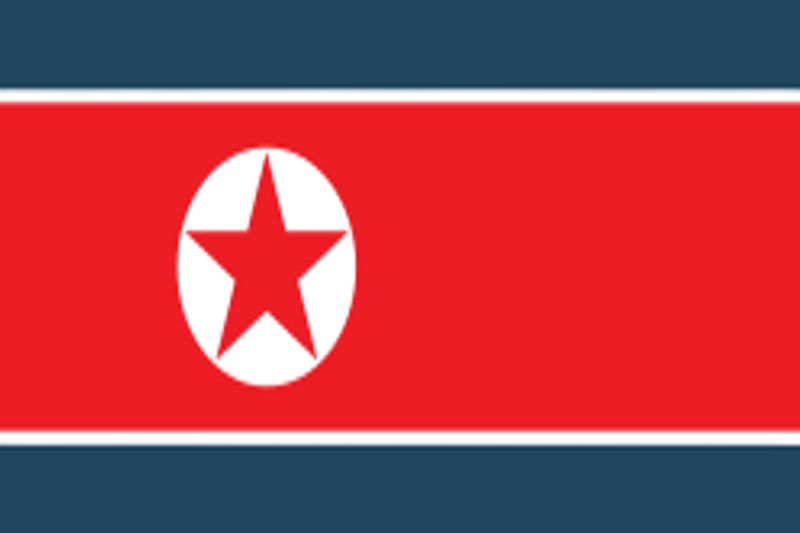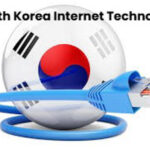North Korea remains one of the most technologically isolated nations in the 21st century, leading many to wonder: Does North Korea have the latest internet technology? The answer reveals a complex reality where cuttingedge capabilities exist alongside severe restrictions, creating one of the world’s most unique and controlled digital environments.
The State of Internet Access in North Korea
North Korea’s internet infrastructure differs dramatically from other nations:
For the General Population
Only about 1,024 approved IP addresses exist for the entire country (compared to hundreds of millions in other nations)
The majority of citizens access Kwangmyong, a heavily censored national intranet with approximately 1,0005,500 internal websites
Mobile device ownership has grown to about 6 million subscribers, but these primarily use 3G technology
For the Elite
Senior officials and trusted academics have monitored access to the global internet
Foreign diplomats and special economic zone businesses receive limited connectivity
Infrastructure in the capital, Pyongyang, is noticeably superior to that in rural areas.
North Korea’s Internet Technology Capabilities
Despite international sanctions and isolation, North Korea has developed some surprising technological competencies:
1. Network Infrastructure
Major military and government facilities are connected by fiber optic cables.
Since 2002, Red Star OS, a home operating system built on Linux, has been in use.
The country has developed its own web browser (Naenara) and email system
2. Mobile Technology
Koryolink, a joint venture with Orascom Telecom, provides 3G service since 2008
Pyongyang has had limited 4G/LTE service since 2018.
Domestic smartphone production (such as the Arirang and Pyongyang models)
3. Cyber Capabilities
An elite hacker army (Bureau 121) estimated at 6,000 personnel
Demonstrated ability to conduct sophisticated cyber attacks worldwide
Development of malware and intrusion tools
How North Korea’s Internet Compares Globally
Technology | North Korea | South Korea | Global Standard
Internet Access | Restricted elite access | Universal access | Increasingly universal
Mobile Networks | Primarily 3G, some 4G | 5G nationwide | Transitioning to 5G
Average Speed | < 2 Mbps | > 100 Mbps | > 50 Mbps
Content Availability | Few thousand approved sites | Full global access | Mostly unrestricted
The Digital Divide Within North Korea
Within the nation itself, there is a startling disparity in technology:
Pyongyang
Relatively modern cyber cafes
Limited WiFi hotspots in hotels
Better mobile coverage
More computerliterate population
Rural Areas
Minimal infrastructure
Rare computer access
Primarily radio/TV for information
Strict movement controls limit tech exposure
Why North Korea Limits Internet Access
The government maintains tight control for several reasons:
1. Information Control: Preventing exposure to foreign media and ideas
2. Regime Security: Blocking organization of dissent
3. Economic Priorities: Focusing limited resources on military applications
4. Cultural Preservation: Maintaining ideological purity
The Future of Internet Technology in North Korea
Several developments could shape North Korea’s digital future:
Potential Advances
Gradual expansion of 4G networks
Increased domestic software development
More sophisticated cyber operations
Possible technology transfers from China and Russia
Continuing Challenges
International sanctions limiting hardware imports
Energy infrastructure limitations
Lack of technical expertise among general population
Government resistance to openness
Conclusion: A Carefully Controlled Digital Ecosystem
While North Korea possesses some surprisingly advanced internet technologies—particularly in cybersecurity and elite networks—it does not have the latest consumer internet technology available in most countries. The nation’s leadership has deliberately chosen to develop certain technical capabilities while severely restricting general access, creating a digital environment unlike any other in the world.
The paradox of North Korea’s internet technology—sophisticated in some specialized areas yet decades behind in general access—reflects the regime’s priorities of control over connectivity. Until fundamental political changes occur, North Korea will likely continue this unique approach to internet technology, maintaining its position as the world’s most carefully controlled digital society.


